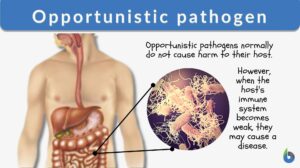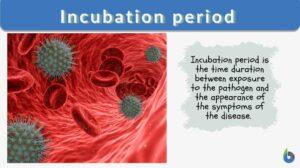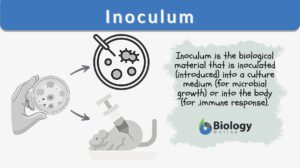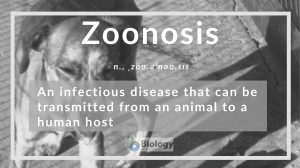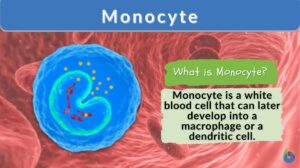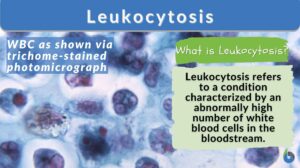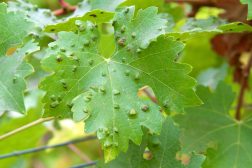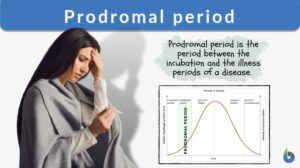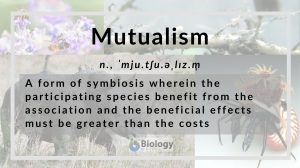Search Results for: pathogen
Opportunistic pathogen
Opportunistic Pathogen Definition How do we define opportunistic pathogen? The opportunistic pathogen is an infectious... Read More
Reservoir host
Reservoir Host Definition A reservoir host is a host that harbors the pathogen and serves as a source of the infective... Read More
Phagocytosis
Phagocytosis Definition Phagocytosis is a basic physiological cellular process wherein a cell ingests a solid particle... Read More
Incubation period
Incubation Period Definition The incubation period is the time duration between exposure to the pathogen and the appearance... Read More
The consequences of antibiotic use in horticulture
Leading articlesFrederick R. Falkiner* Department of Clinical Microbiology, Trinity College, Dublin; Central Pathology... Read More
Antigenic variation
Definition noun, plural: antigenic variations (immunology) The changing of surface proteins by an infectious agent to evade... Read More
Pathogenicity
Definition noun, plural: pathogenicities The capability (of a pathogenic agent) to cause disease Supplement Pathogenicity... Read More
Suppurative inflammation
Definition noun A type of inflammation accompanied by the discharge of purulent exudate (pus) Supplement Inflammation is a... Read More
Leukocytosis
What Is Leukocytosis? Leukocytosis is a condition wherein the number of White Blood Cells (WBCs) is increased above the... Read More
Plant Cell Defense
Hydrogen Peroxide Plants release hydrogen peroxide in response to the presence of a fungal invasion, which attacks by... Read More
Susceptible
Resistance, vulnerability, sensitivity, tolerance, and susceptibility are some highly important terminologies across the... Read More
Sexually transmitted disease
Definition noun, plural: sexually transmitted diseases (pathology) A disease that is primarily contracted through sexual... Read More
Natural reservoir
Definition noun A reservoir host harboring the pathogen but shows no ill effects and serves as a source of... Read More
Neutralization
Definition noun (general) The act or process of making neutral. (chemistry) A chemical reaction in which an acid and a base... Read More
Anthroponosis
Definition noun, plural: anthroponoses An infectious disease that can be transmitted from a human host to an animal... Read More
Biotic factor
Biotic Factor Definition A biotic factor is the living component in an ecosystem. The term "biotic" means "of or related... Read More
Prodromal period
There are five stages (or phases) of a disease. (Hattis, 2020). These stages are (1) Incubation period, (2) Prodromal... Read More
Integumentary system
Integumentary System Definition The integumentary system is the outermost layer of the body. The animal body, in... Read More
Neisseria flavescens
Definition Noun A gram-negative saprophytic bacterium found normally in the nasopharynx, mouth and upper respiratory tracts... Read More
Artificial passive immunity
Definition noun A passive immunity acquired by means of injection of serum containing antibodies to an individual who may... Read More
Natural active immunity
Definition noun An active immunity acquired by experiencing and having recovered from a disease. Supplement Active immunity... Read More
Gastric juice
Definition noun The acidic digestive fluid secreted by various glands in the stomach lining into the lumen of the stomach,... Read More
Gastric acid
Definition noun (1) The hydrochloric acid present in the gastric juice (2) The gastric juice itself Supplement The gastric... Read More
Acinetobacter lwoffii
Definition Noun A gram-negative aerobic and non-fermentative bacterium involved as a normal flora of the skin, perineum and... Read More

